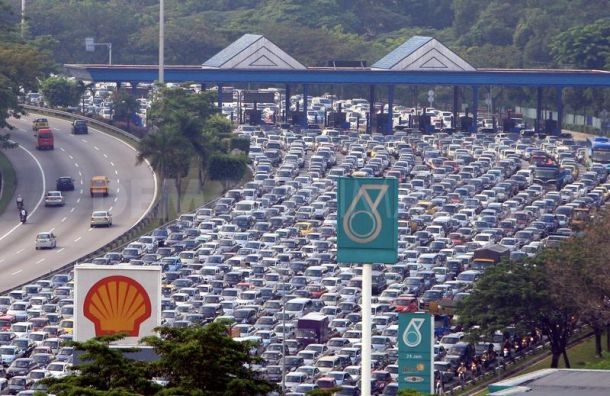The issue
of clean and usable toilets at public places in Malaysia and
especially at entry points to our country seems to be a perennial
topic. What will it take to clean the image of our public toilets?
Very few of the public
facilities at our entry points are up to the mark. Whenever the
cleaners have done their “cleaning”, the floors are always wet
and I'm dubious whether it is really clean. Can't the cleaning team
be sent for training at five-star hotels for example to learn a
lesson or two from the premier hospitality establishments. I would
use the premier hotels as the ultimate benchmark since most often
their public facilities are clean, usable and a pleasure to be in.
The least we can learn is
how the premier hotels clean their public facilities in such a way
that the floors are not wet and slippery as can often be experienced
at public facilities elsewhere. That should be a priority as a wet
and slippery floor is a most unwelcoming sight to anyone who wants to
use the facilities.
Does it take stricter law
enforcement or a star ratings system like the food establishments? We
give an A for those who maintain their public facilities up to the
benchmark set and the ratings is to be reviewed periodically.
Highlight the good and bad ones so there will be more customers
coming to those who take the effort to maintain the cleanliness of
their public facilities. The bad ones will be listed in a hall of
shame so that the public knows the management does not take the
trouble to upkeep the public facilities at his premises.
We are quite certain,
Malaysia's toilets will still be the bane of tourists and locals
alike for some time to come unless and until a more concerted effort
is made to change our attitudes towards the upkeep of the public
facilities.
Image from malaysia-pictures



























